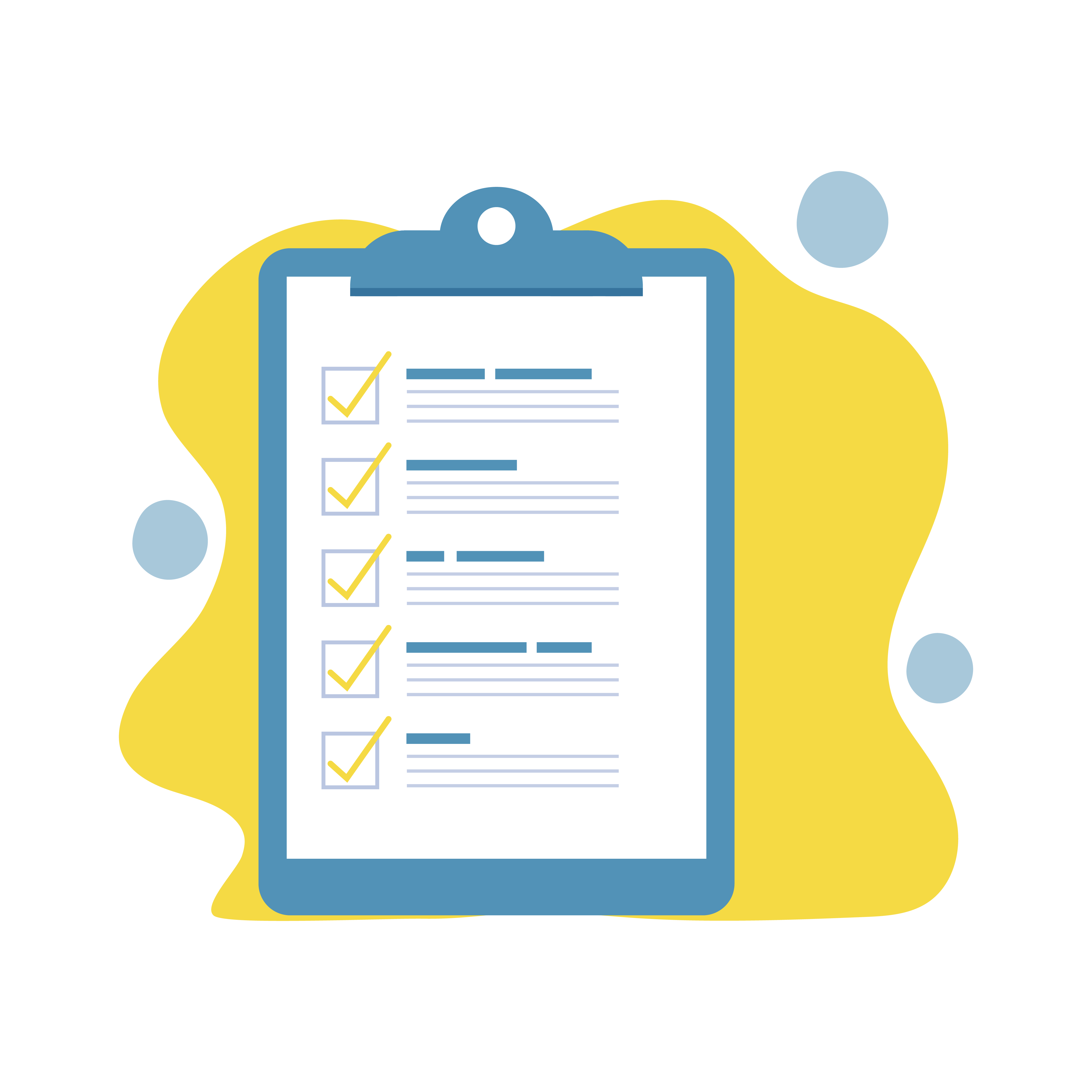The Netherlands is a popular destination for Nepalese students thanks to its strong international reputation, wide range of English-taught programmes, and clear higher-education framework. Below are the main eligibility criteria, academic requirements, and documents you'll typically need when applying from Nepal.
1. Academic Requirements
For Bachelor's Programs
-
Completed +2 / Higher Secondary Education (HSEB) or an equivalent secondary school diploma that the Dutch university accepts. Universities check your diploma against Dutch qualification levels.
-
Some programmes (especially research-focused programmes or selective courses) may require specific subject prerequisites, a high school transcript with strong grades, or an additional foundation/propedeuse year.
-
Competitive programmes (medicine, engineering, certain arts) may have higher entry standards or fixed admission numbers.
For Master's Programs
-
A recognized bachelor's degree from a credible institution (the degree must be comparable to a Dutch bachelor's in the relevant field).
-
A solid academic record — many master's programmes expect a degree with good grades and sometimes programme-specific prerequisites. Some programmes also require work experience, portfolios, or additional assessments such as GRE/GMAT for certain business courses.
2. Language Proficiency
-
Most international programmes are taught in English; proof of English proficiency is required unless you can show you studied previously in English at an approved institution. Commonly accepted tests include IELTS Academic and TOEFL iBT; typical minimums are IELTS 6.0–6.5 overall or TOEFL ≈80–100, but exact scores vary by university and programme.
-
Some Dutch-taught bachelor's or specialised programmes require Dutch language proficiency instead, this is programme specific.
3. Required Documents (typical checklist)
To apply from Nepal, you will normally need the following (universities may have additional or slightly different requirements):
-
Completed online application form (via the university portal).
-
Academic transcripts and certificates (SLC/SEE, +2, and bachelor transcripts if applying for master's). Certified/notarised copies and English translations if originals are not in English/Dutch.
-
Passport copy (valid for the intended stay).
-
Proof of English proficiency (IELTS/TOEFL/PTE or university-approved alternative).
-
Curriculum Vitae (CV) — usually required for master's.
-
Statement of Purpose / Motivation Letter (usually for master's).
-
Letters of Recommendation (typically 1–2 for master's).
-
Portfolio (for arts/design programmes, where applicable).
-
Police Clearance/Character Certificate (may be required for visa application).
-
Medical certificate / proof of health insurance (some universities request it later, and immigration authorities may require proof of insurance).
4. Visa & Residence Permit Requirements
-
As a Nepali national you will generally need a provisional entry visa (if required for entry) and a residence permit for study. Most Dutch universities act as your recognized sponsor and will help initiate the residence permit application once you have an unconditional offer.
-
Proof of sufficient funds: You must demonstrate you have enough money to cover tuition and living costs for 12 months. The educational institution will inform you of the exact required amount; acceptable evidence includes bank statements, scholarship letters, or loan sanction letters. Bank statements should be recent and clearly show account holder name and balance.
-
Other typical visa documents include: valid passport, original letter of admission/offer, passport photos, proof of tuition fee payment (or scholarship letter), insurance proof, and the completed visa forms as guided by the university. The university’s international office usually guides admitted students through the residence-permit process.
5. Application Deadlines & Intakes
-
Main intake: September (autumn) is the major intake; some programmes also offer February/March intakes.
-
Common deadlines: Many programmes use 1 May as a general deadline for non-selective courses; 15 January or earlier is common for numerus-fixus or highly competitive programmes. Deadlines vary by university and programme — always check the exact date with the institution.
Final Advice for Nepalese Students
-
Get documents ready & translated: Ensure all academic certificates and transcripts are translated into English (or Dutch) and notarised where required. Keep multiple certified copies.
-
Check degree equivalency: Confirm whether your Nepalese qualifications meet Dutch entry standards; some applicants may need a foundation year or additional qualifications.
-
Plan funds early: Arrange bank statements, scholarship confirmations, or loan documents before applying for your residence permit. Be prepared to show funds for the first 12 months.
-
Apply early for competitive programmes: Competitive master's programmes and numerus-fixus bachelor's programmes close early and require careful preparation (portfolios, tests, and references).
-
Keep communication open with the university: The international office at your chosen university is your main contact for admissions, scholarships and residence-permit sponsorship — contact them early and follow their checklist exactly.








